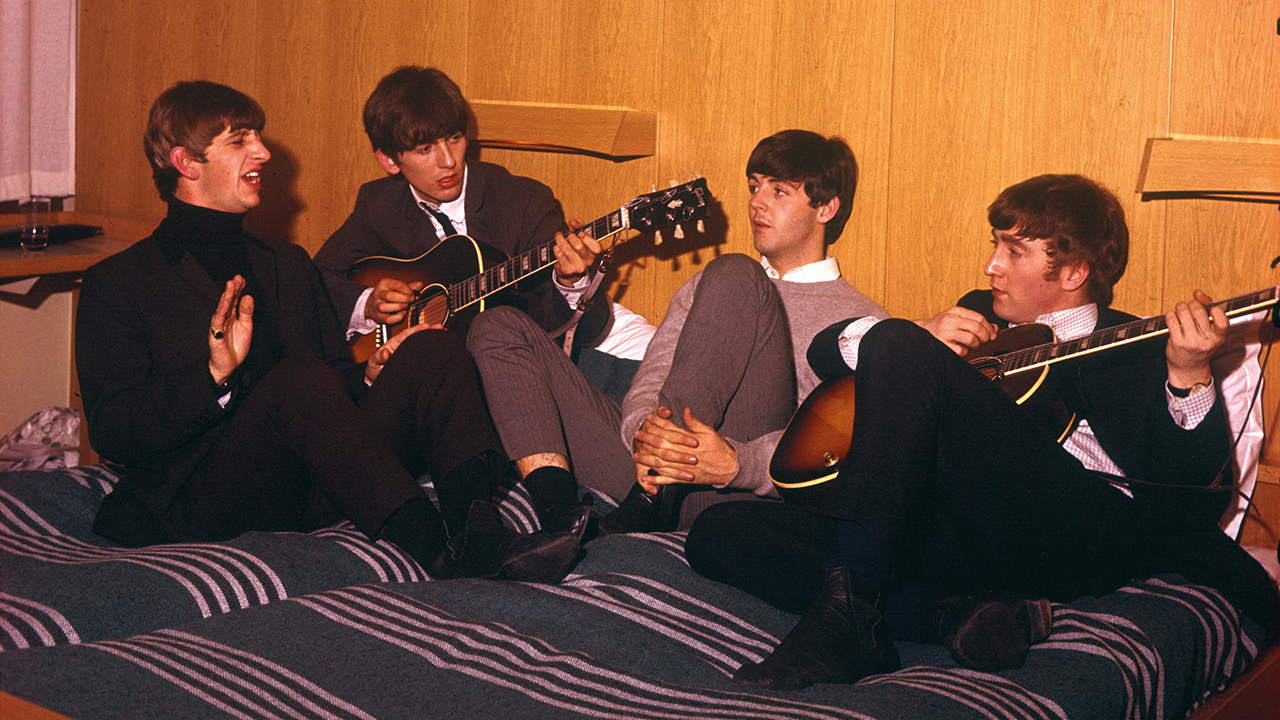Hollywood director Ron Howard was still in short trousers when The Beatles first touched down in America. But he had a front row seat, through television, as over the next two impressionable years his homeland fell in and out of love with the Fab Four.
That fanboy connection, in tandem with the ‘everyman’ quality of his populist feature films, makes him ideal to helm this thrilling documentary chronicling the days when the band trod the boards to make big bucks (their record deal was infamously stingy). Trawling through more than 100 hours of archive footage, a great deal of which is previously unseen, Howard constructs an affectionate tableau of the impact the group had on those who saw them in the flesh, or even just on TV.
Clips from a dozen or so concerts have been spruced up (Giles Martin works magic in restoring the audio) to make the most sensory, involving and captivating experience we’ve ever had watching The Beatles on screen. It truly is the next best thing to being there.
John Lennon’s instinctive comic sensibilities are aired via some hilarious press conferences, but all four exude charm in every frame. The Beatles would have been massive anyway, but Eight Days A Week illustrates just how perfect they were for television, their distinct personalities beaming out of millions of small screens.
Howard punctuates the archive material with recollections from the group themselves, with Paul McCartney especially eloquent about the gang mentality the four shared. It’s also enlightening to hear fan and Shea Stadium gig attendee Whoopi Goldberg talk about how The Beatles’ spirit of inclusiveness helped heal racial divides.
But the real insight is provided by US hard news journalist Larry Kane, who travelled with the band over more than one lengthy North American tour, his fly-on-the-wall observations giving clues to the musicians’ psyches. When returning to the entourage after a short break, he’s immediately aware they’ve recently discovered marijuana.
As life on the road turns sour (diplomatic outrage in the Philippines, controversy over segregated audiences in the US, useless amps at Shea Stadium, the “bigger than Jesus” hoo-ha), it’s Kane who most acutely notices the speed of the group’s creative maturity.
There may have been no more live shows, but the vision of our heroes holed up in Abbey Road, forging ever more ambitious masterpieces, ensures the film has a happy ending.
The Beatles - Live At The Hollywood Bowl album review
Tape decks, drugs and Abbey Road: how The Beatles’ Revolver revolutionised rock
